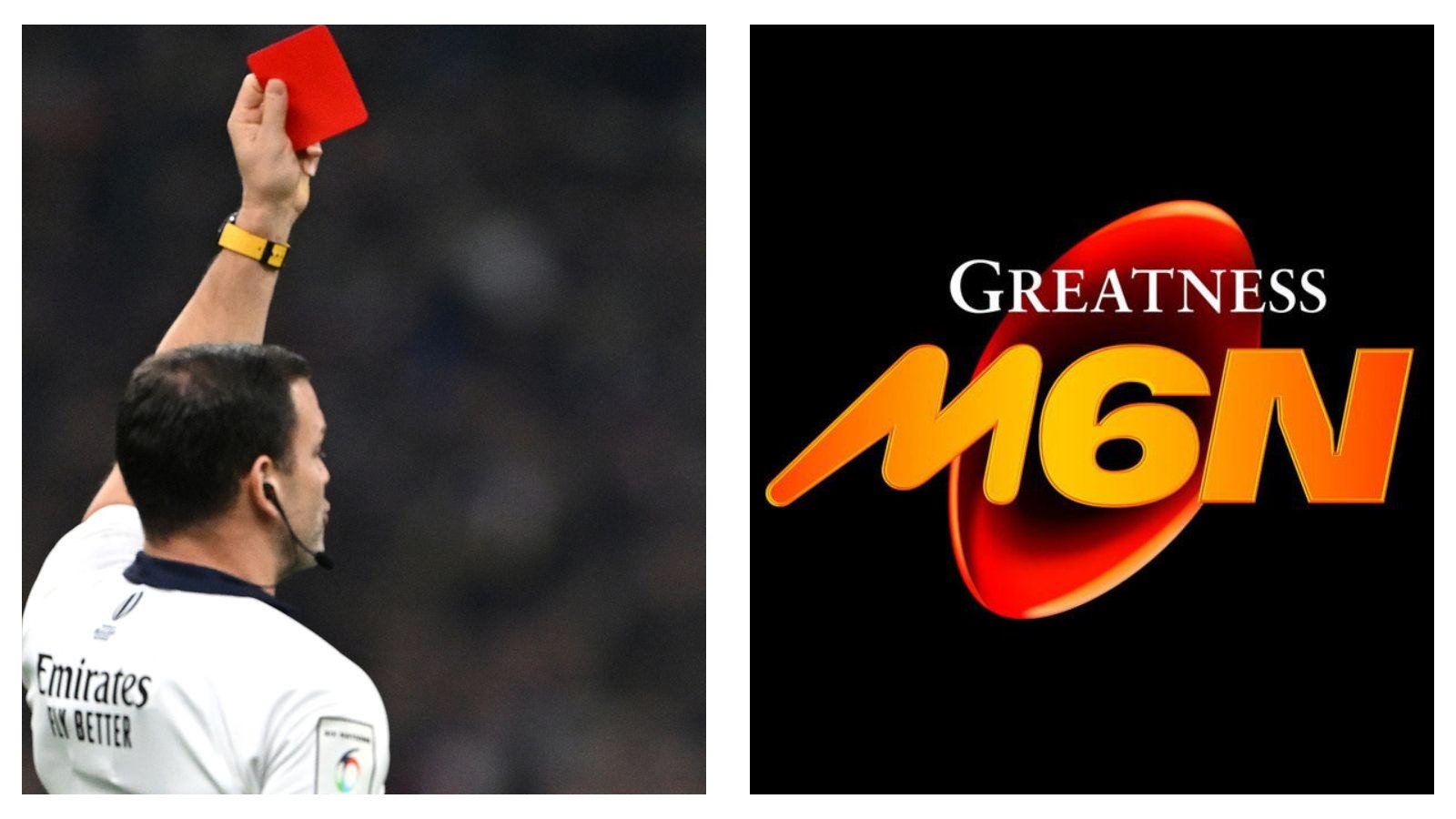Six Nations 2025 news: What are the new rules for this year?
With its rich history and ever-evolving rules, the Six Nations Championship continues to captivate fans worldwide.
In this article, Sports News Blitz writer Charlie Elliott breaks down the new rules introduced for the 2025 Six Nations and how they could impact the competition moving forward.
A history of change
The Six Nations is the pinnacle of northern hemisphere rugby, where the best of the north competes for bragging rights each year.
Over the years there have been many changes to the tournament, such as in 2000 when it changed from five countries to six with the inclusion of Italy.
New changes on the field
One of the most notable recent additions to the game is the TMO (Television Match Official) bunker system, which is now a regular part of officiating.
This year, however, marks the start of a rule which looks set to become commonplace going forward, the 20-minute red card.
Trialled in senior Test rugby in the Autumn, the 20-minute red card is a middle ground for offences that aren’t bad enough to warrant a player being sent off, but worse than a usual yellow card.
The player who committed the offence can be replaced after 20 minutes under the new rule.
YOU MAY ALSO LIKE: Six Nations 2025: Who are the head coaches?
The impact of the 20-minute red card
World Rugby do not like the idea of games being changed due to red cards, especially big games.
A perfect example of this came during the 2023 World Cup when Sam Cane’s red card for the All Blacks against South Africa effectively ended the game early.
The TMO upgraded Cane’s yellow card to red, a decision that, under the new 20-minute red card rule, might have been less game-changing.
Doubt has been cast as to the subjectivity of how a red card differs from a 20-minute one, as seen with Junior Kpoku’s 20-minute card in the recent U20 Six Nations game between England and Ireland.
It was a clear instance of head-on-head contact and seemed to be endangering the opponent, but he was only punished for 20 minutes, and England won the game.
Despite the rules citing “deliberate and dangerous acts of foul play” as the criteria for a standard red card, how can an official determine the intention a player has when committing an offence?
Additionally, there is the concern that referees may hesitate to issue red cards in important matches, opting for the 20-minute penalty to avoid making a game-altering decision.
The road ahead and other rule changes
Following the Kpoku incident, fans and pundits are already criticising the new legislation.
Change takes time to get used to and fans will be hoping that there is no refereeing controversy to spoil the games, and the new rules work seamlessly.
Alongside the 20-minute red card, several other new laws are being introduced.
Scrum-halves will receive more protection at the base of rucks, mauls, and scrums, which may lead to less specialization in the position.
Additionally, throws that aren’t straight from the lineout but are uncontested will no longer be penalized.
The tournament will also see reduced time for conversions and faster formation of scrums and lineouts, continuing the changes trialled in the Autumn campaign.
READ NEXT: F1 news: Is Jack Doohan’s F1 career over before it even starts?


